EC technical mission in October
European Commission Vice-President Jacques Barrot is in Belgrade this Monday for talks with Serbian officials.
Monday, 28.09.2009.
09:25

European Commission Vice-President Jacques Barrot is in Belgrade this Monday for talks with Serbian officials. The European Commission will propose to the EU Council to abolish visas for Serbian citizens if its technical mission, scheduled to arrive here in October, gives a positive report. EC technical mission in October This was announced today in Belgrade after Barrot's meeting with Serbian officials. Barrot, whose EC role covers justice, freedom and security, told a joint press conference with Interior Minister Ivica Dacic and Justice Minister Snezana Malovic that the European Commission will propose visa abolishment for Serbian citizens starting January 1, 2010, if the experts give a positive report. He also said that Dacic handed over a report on Serbia’s progress on the visa liberalization road map this morning, which Serbia officially submitted to Brussels on Friday. Barrot said that there was progress made in the four sectors where the European Commission asked for improvements. He specified that a cooperation agreement was reached between the Interior Ministry (MUP) and EULEX in Kosovo, which the EU insisted on, that the question of issuing biometric passports to citizens from Kosovo has been regulated, and progress has been made in the fight against organized crime and corruption, while cooperation in the field of migrations is continuing. Barrot added that Serbia has invested a lot of effort in reforms aimed at visa liberalization, but that it is "very important now for these reforms to be implemented". He stated that the agency for the fight against corruption needs funds for this to happen. Dacic told reporters that Serbia has fulfilled all the necessary criteria for abolishing the EU visa regime. “We are focused on having January 1 as the possible date for the decision to abolish visas to take effect, and for it to be a day for showing that the state institutions of Serbia have reached standards which are necessary for Serbia to move closer to the European Union,” Dacic said. He added that the recent attacks on foreigners in Belgrade cannot endanger the process of visa liberalization, but said that they do affect Serbia’s image abroad. Deputy Prime Minister for European Integration Bozidar Djelic said before the meeting with Barrot today that the recent violence will not effect Serbia’s aspirations of getting on the so-called Schengen white list, but that this will find its way to the annual report of the European Commission on Serbia’s European integration progress. Barrot is also scheduled to meet with President Boris Tadic and PM Mirko Cvetkovic. Tanja Miscevic, a former head of the government EU integration office, said ahead of the EC official's arrival that the visit will "surely be utilized to talk about the fulfillment of the Road Map with Serbian officials, in order to be acquainted with the elements of the report that was sent on Friday as Serbia's final report on the fulfillment of the Road Map". The canceling of the gay parade and recent violence against foreigners in Belgrade, according to her, will not directly influence the decision on introducing a visa-free regime for Serbians. Still, she noted that the issue of security, which will "certainly find its way to the EC annual report", will be read carefully by member-states, while the incidents "spoil Serbia's image". Miscevic stressed that it is very important how the state will react to these violations of human rights, "since that is what will be measured in the EU appraisals". "The EC will in the meanwhile certainly send other missions to check the last report sent by Serbia, in order to put all that into one final position and a report for November 30/December 1, when such a suggestion should become the decision of all EU member states that must decide on it," she was quoted as saying.
EC technical mission in October
This was announced today in Belgrade after Barrot's meeting with Serbian officials.Barrot, whose EC role covers justice, freedom and security, told a joint press conference with Interior Minister Ivica Dačić and Justice Minister Snežana Malović that the European Commission will propose visa abolishment for Serbian citizens starting January 1, 2010, if the experts give a positive report.
He also said that Dačić handed over a report on Serbia’s progress on the visa liberalization road map this morning, which Serbia officially submitted to Brussels on Friday.
Barrot said that there was progress made in the four sectors where the European Commission asked for improvements.
He specified that a cooperation agreement was reached between the Interior Ministry (MUP) and EULEX in Kosovo, which the EU insisted on, that the question of issuing biometric passports to citizens from Kosovo has been regulated, and progress has been made in the fight against organized crime and corruption, while cooperation in the field of migrations is continuing.
Barrot added that Serbia has invested a lot of effort in reforms aimed at visa liberalization, but that it is "very important now for these reforms to be implemented". He stated that the agency for the fight against corruption needs funds for this to happen.
Dačić told reporters that Serbia has fulfilled all the necessary criteria for abolishing the EU visa regime.
“We are focused on having January 1 as the possible date for the decision to abolish visas to take effect, and for it to be a day for showing that the state institutions of Serbia have reached standards which are necessary for Serbia to move closer to the European Union,” Dačić said.
He added that the recent attacks on foreigners in Belgrade cannot endanger the process of visa liberalization, but said that they do affect Serbia’s image abroad.
Deputy Prime Minister for European Integration Božidar Đelić said before the meeting with Barrot today that the recent violence will not effect Serbia’s aspirations of getting on the so-called Schengen white list, but that this will find its way to the annual report of the European Commission on Serbia’s European integration progress.
Barrot is also scheduled to meet with President Boris Tadić and PM Mirko Cvetković.
Tanja Miščević, a former head of the government EU integration office, said ahead of the EC official's arrival that the visit will "surely be utilized to talk about the fulfillment of the Road Map with Serbian officials, in order to be acquainted with the elements of the report that was sent on Friday as Serbia's final report on the fulfillment of the Road Map".
The canceling of the gay parade and recent violence against foreigners in Belgrade, according to her, will not directly influence the decision on introducing a visa-free regime for Serbians.
Still, she noted that the issue of security, which will "certainly find its way to the EC annual report", will be read carefully by member-states, while the incidents "spoil Serbia's image".
Miščević stressed that it is very important how the state will react to these violations of human rights, "since that is what will be measured in the EU appraisals".
"The EC will in the meanwhile certainly send other missions to check the last report sent by Serbia, in order to put all that into one final position and a report for November 30/December 1, when such a suggestion should become the decision of all EU member states that must decide on it," she was quoted as saying.










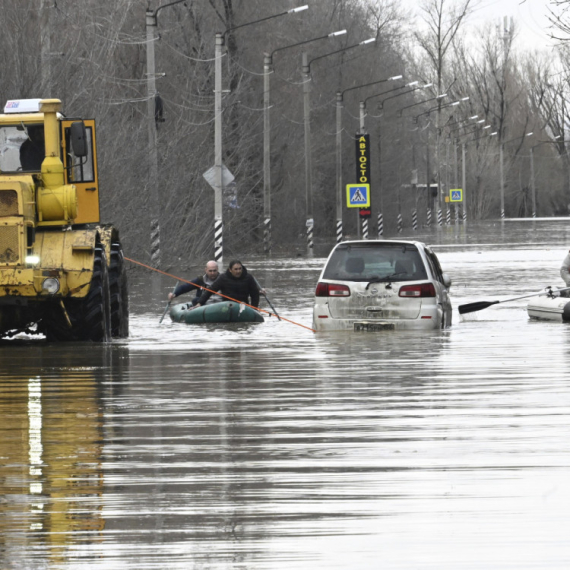
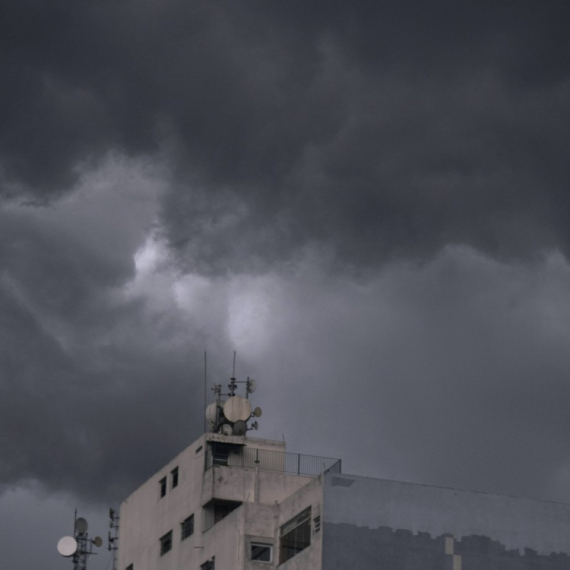
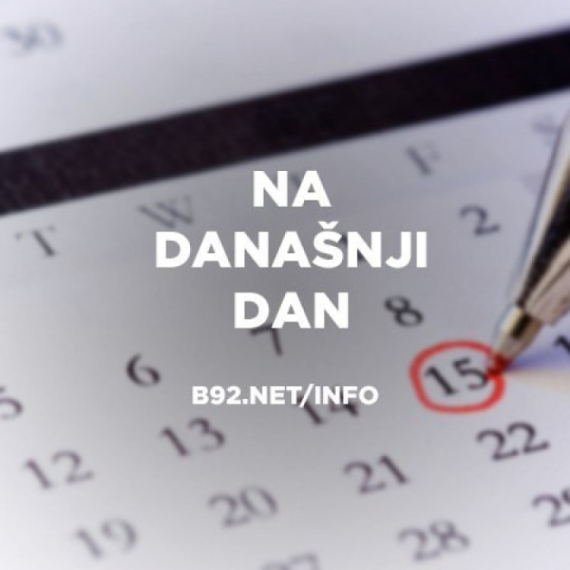
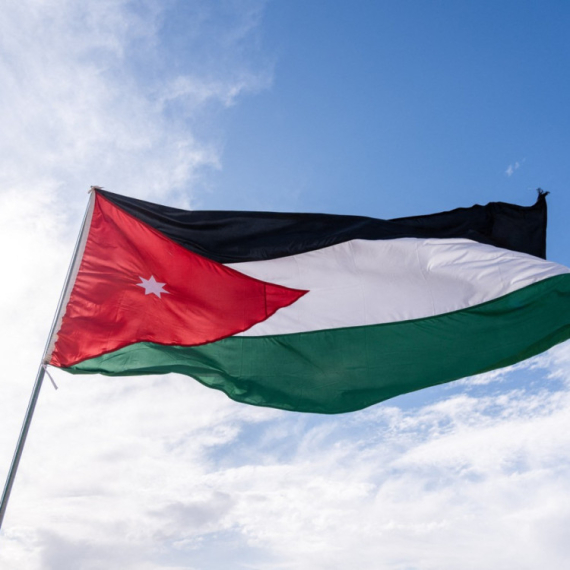



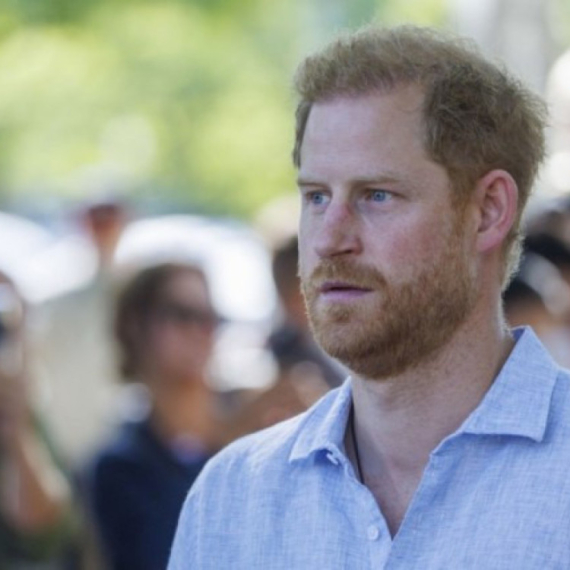










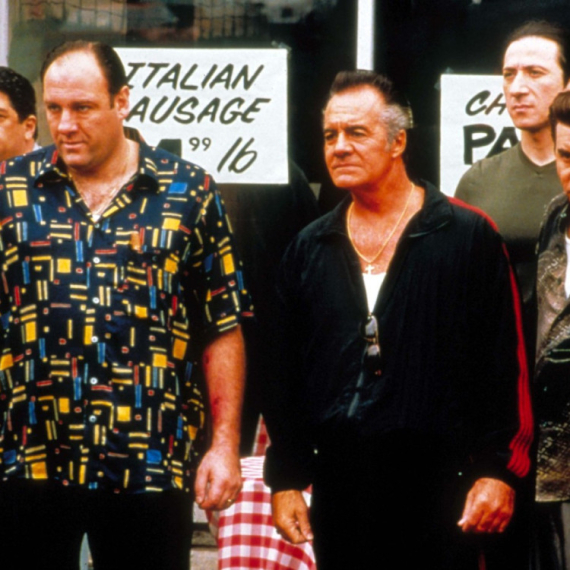






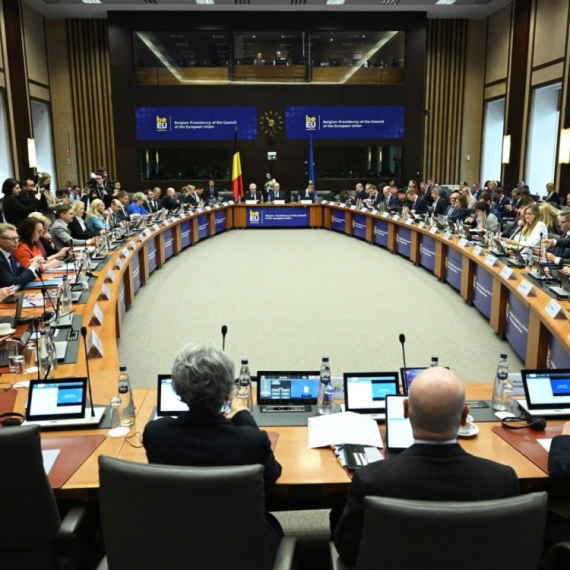
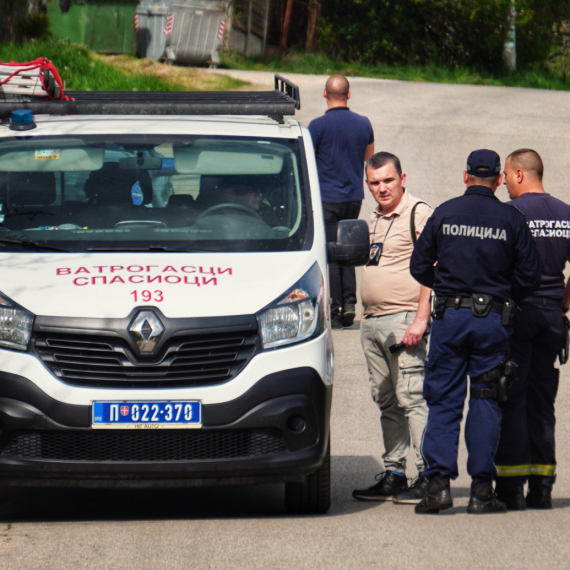
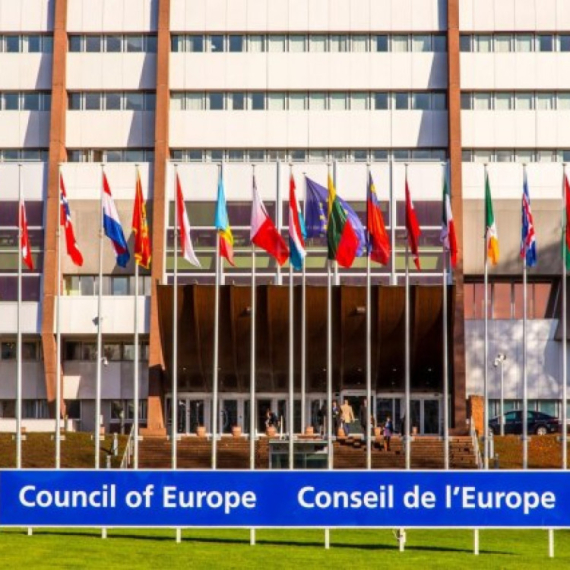
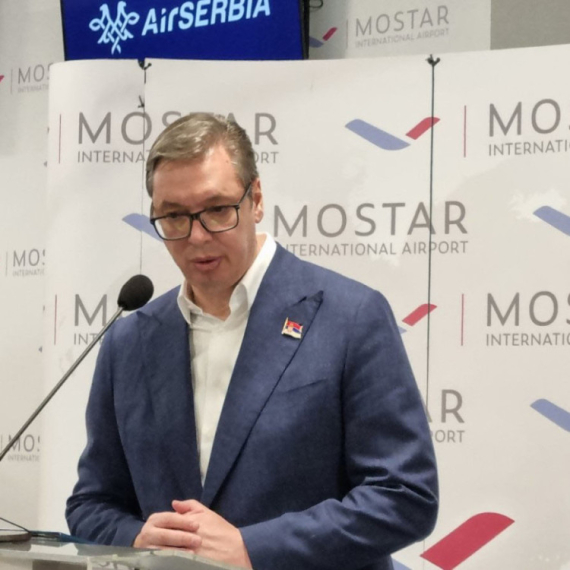









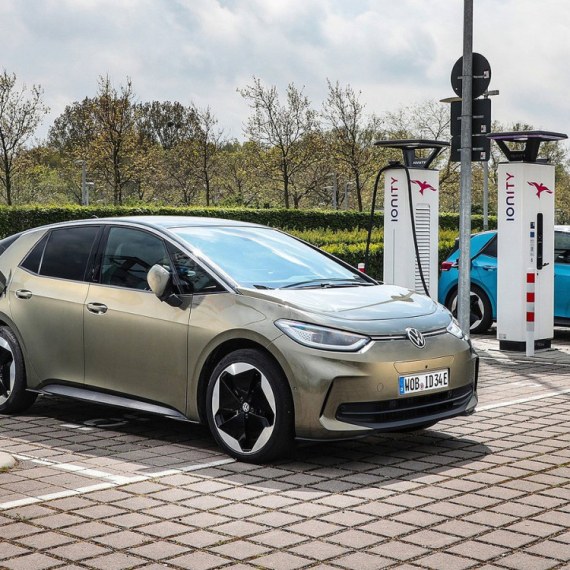


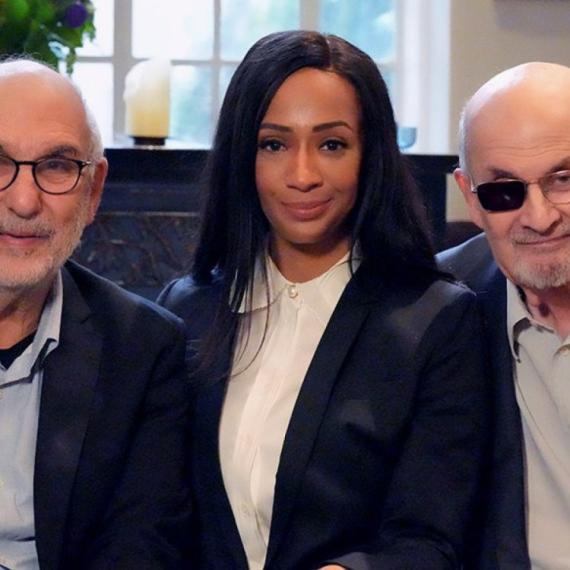
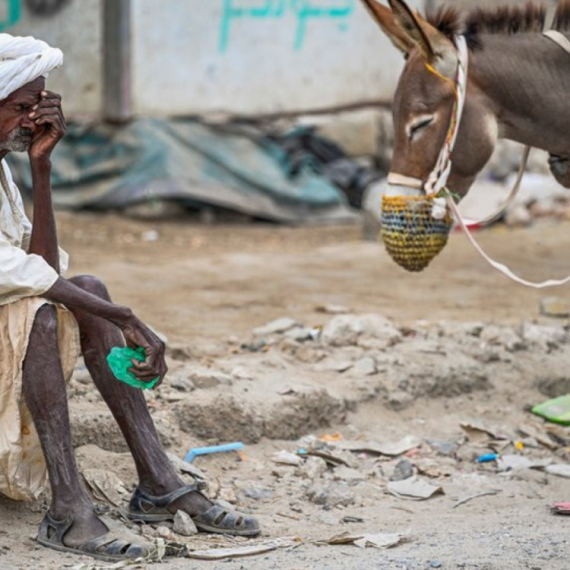
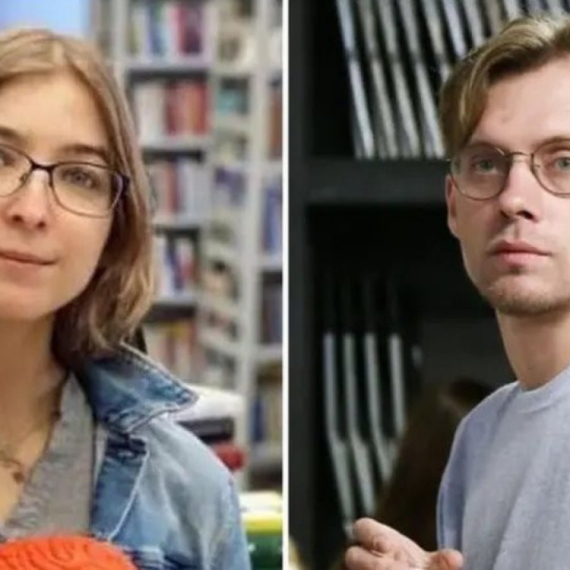
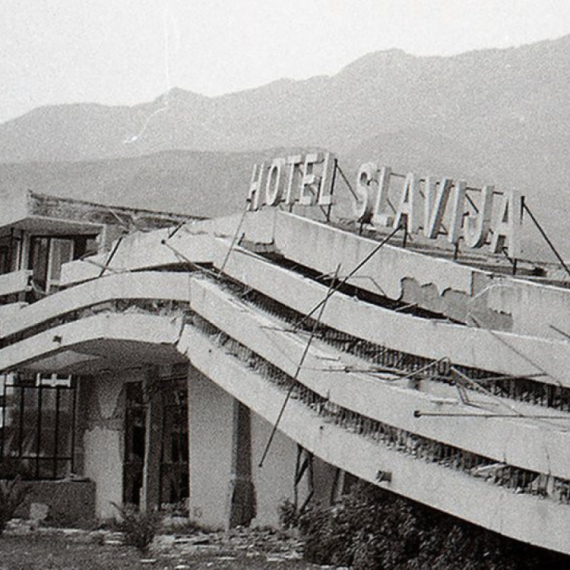

Komentari 2
Pogledaj komentare